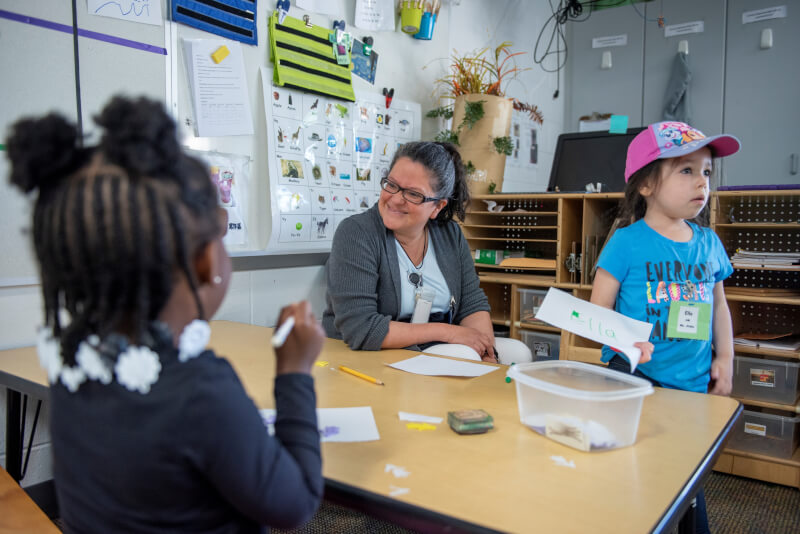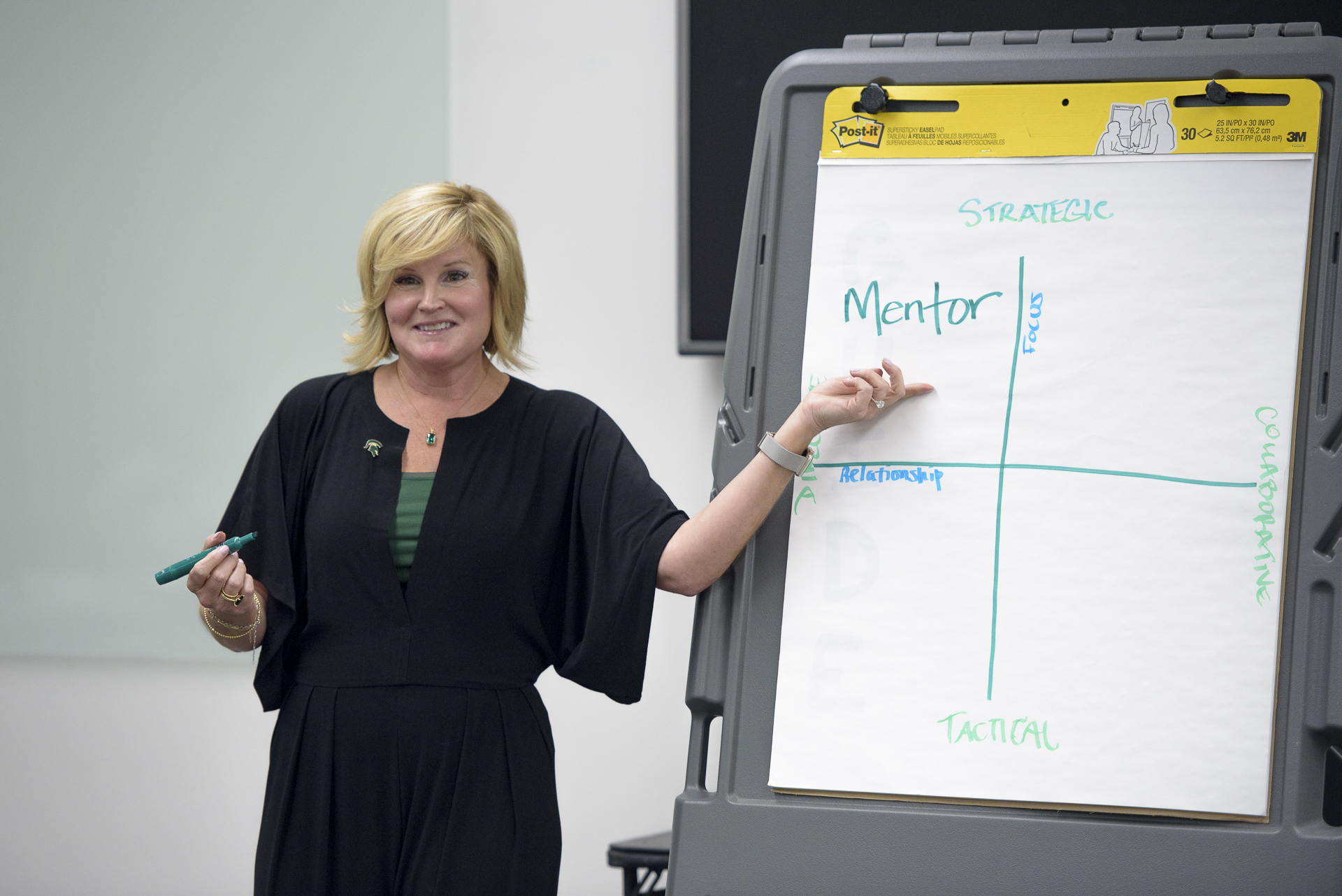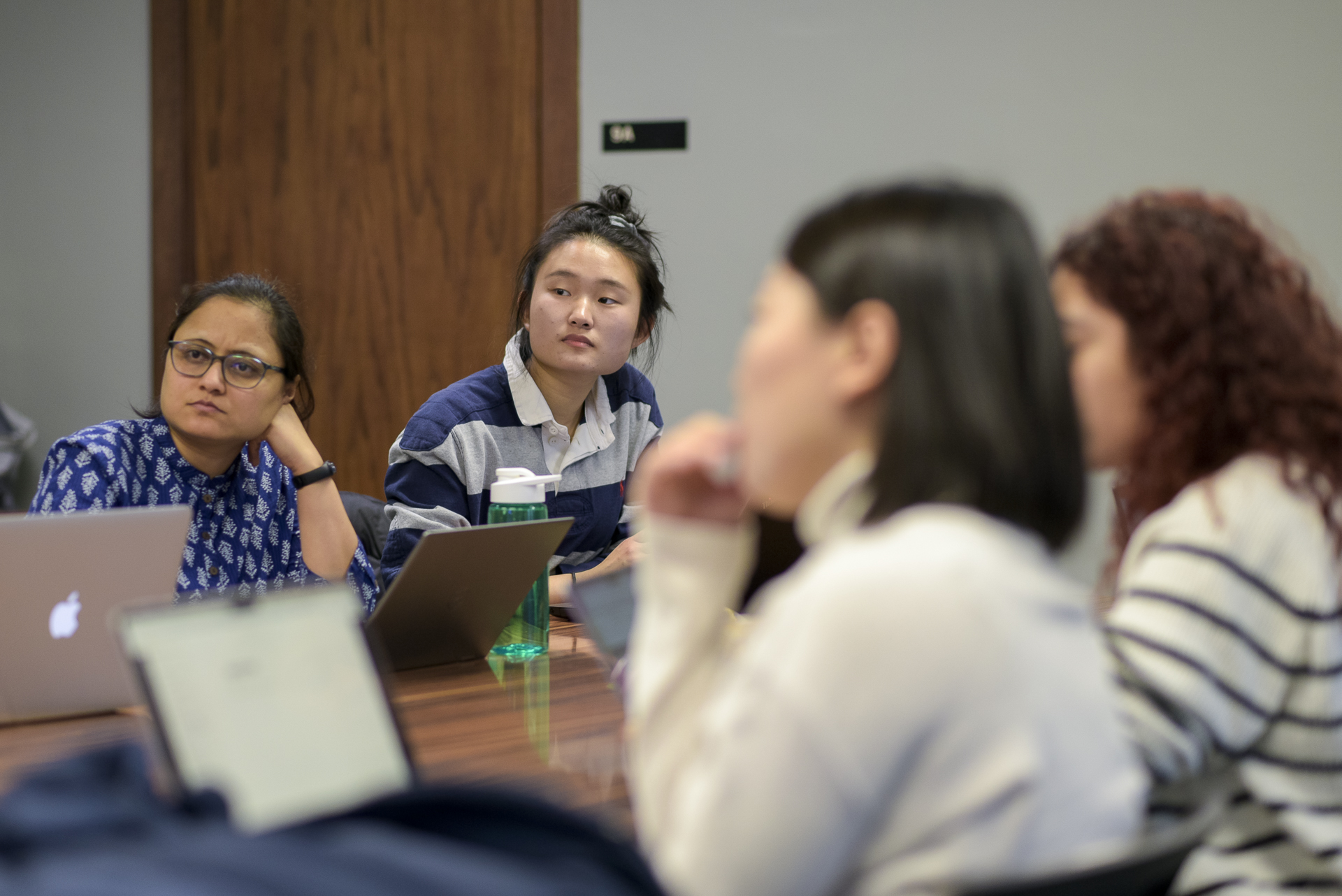Overview
We offer fully online master's degrees and certificates through Innovative Digital Education Alliance (IDEA).
Who: These programs are ideal for working professionals in a variety of fields and organizations, such as preschool teaching, Head Start, 4-H, Boys and Girls Clubs, nonprofit organizations, faith-based groups, military installations, community recreation facilities, correctional professions, middle and high school education and extension educators.
What: These programs address the need for advanced education in early childhood education, youth development and working with families using an ecological approach with a strengths-based curriculum. These programs train students to administer programs that support children, youth and their families across the lifespan.
Where: All classes are delivered online and there are no on-campus meetings. Professors communicate with students via e-mail, phone calls, Skype, Zoom and other technologies using an asynchronous format. Courses use online lectures, discussion boards, wikis, audio, video and more. Persons with disabilities are not disadvantaged and are encouraged to participate and seek accommodations through the Resource Center for Persons with Disabilities.
When: Youth Development and Family Community Services applications are accepted three times each year. Please visit our application page for more information on application dates.
Why: HDFS provides cutting-edge graduate education in an inclusive, supportive, and interdisciplinary environment. The expertise of our award-winning faculty spans the areas of child development, couple and family therapy, and diversity, youth, and family development. Faculty and students generate new knowledge that plays a meaningful role in the lives of children, adolescents, families, and marginalized communities. Graduates are prepared for academic and professional positions and are in high demand following graduation.
Fees: There is a common tuition rate for these programs, so there are no in-state/out-of-state fees. Please review the fee schedule. The tuition rate does not include books and supplies.


